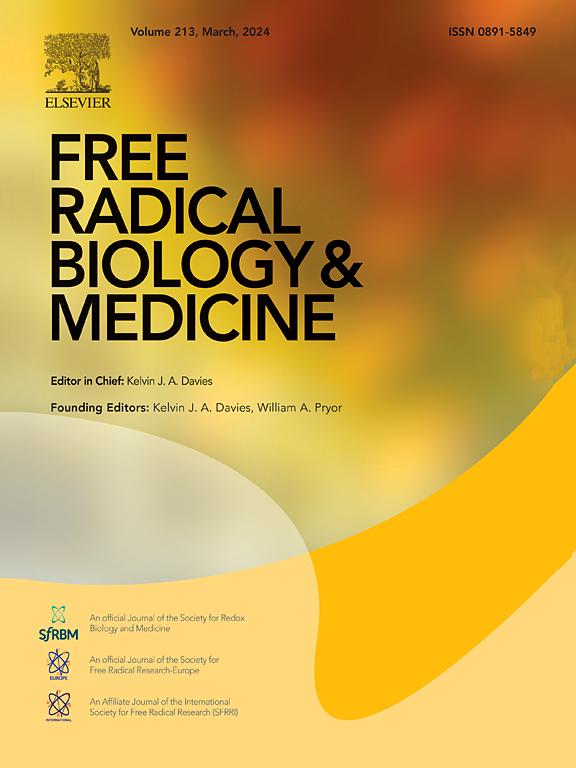IL-17A is a key regulator of neuroinflammation and neurodevelopment in cognitive impairment induced by sevoflurane
Qi Zhang, Yanan Li, Zhiyong Hou
Abstract
Increasing numbers of animal studies have shown that repeat sevoflurane exposure during developmental stage may lead to long-term cognitive impairment. Nevertheless, the exact pathogenesis remains unclear. Interleukin 17A (IL-17A) has been associated with cognitive decline in various neurological disorders. Here we found that the expression of IL-17A was up-regulated in hippocampus of sevoflurane exposed neonatal mice. Genetic deletion of IL-17A or inhibition of IL-17A improved behavioral function and down-regulated neuroinflammation related genes, interleukin 1β (IL-1β), interleukin 6 (IL-6), Nicotinamide adenine dinucleotide phosphate(NADPH) oxidase 2 (NOX2) and NADPH oxidase 4 (NOX4) in hippocampus of sevoflurane exposed neonatal mice. Moreover, negative regulation of IL-17A/Interleukin 17A receptor(IL-17RA) promoted the extracellular signal-regulated protein kinase (ERK) signaling pathway and nucleation of cyclic adenosine monophosphate (cAMP) response element-binding (CREB) in neurons of cognitive impaired mice. Knockdown of IL-17A in vivo identified neurons-localized IL-17A as a major factor in neuroinflammation and neurodevelopment. Collectively, our results suggested that IL-17A was required for the pathogenesis of neuroinflammatory response and identify IL-17A as a potential therapeutic target for cognitive impairment exposed by general anesthetics during infancy.





